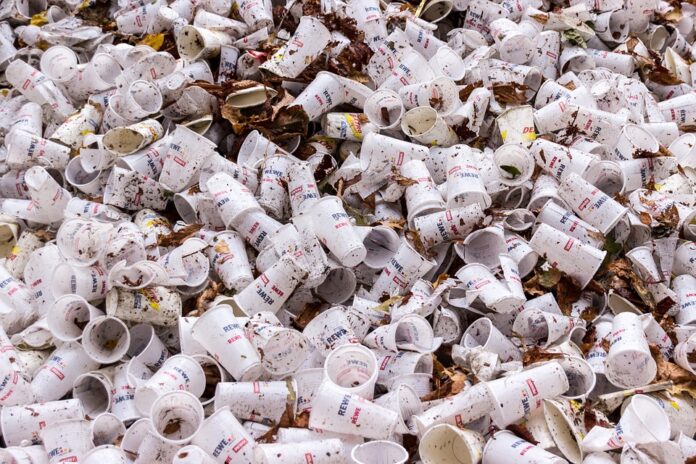Plastic recycling has proven to be unsuccessful. only a very small percentage of plastics – 9% – are usable in this way, the rest of plastics ends up in incinerators, oceans or poor countries. The most interesting aspect of this issue is that for years the plastics industry itself has been financing the recycling campaigns. CNN tells us about it in this report. Of course, they feared that sooner or later their income would be damaged by the inevitable ban on their production.
But there is more. Until 2016, developed countries were exporting about 70% of their plastic waste to China. Then, in 2018, Beijing considered it appropriate to close its ports to imported waste. Panic. Much more plastic has been incinerated, but above all, many attempts have been made in order to identify African countries which could agree to play the role of planet’s dustbin. Exports of plastic waste to the black continent by 2019 were more than four times as high as the previous year. As The New York Times reported, there is intense pressure on Kenya to “soften” its law passed in 2017 which place limits on the import of plastic waste. Negotiations with the US are ongoing with oil companies and chemical industries in the front row.
In the US, the problem is complicated by the fact that large corporations such as Shell, Exxon Mobil and Chevron have invested huge sums in hundreds of chemical plants that use shale gas to produce plastic. In addition, the ongoing pandemic has significantly reduced the demand for hydrocarbons, gas and plastics, deferring investor earnings to an unspecified future. Restrictive legislation would severely damage the entire energy sector, causing large waves of redundancies. The programs of the Democratic Party and the Republican Party do not find convincing answers to this issue.








